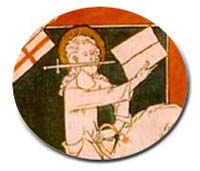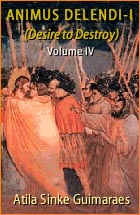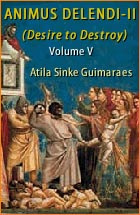Forgotten Truths
 |
 |
 |
 |
 |
 |
 |
The Church Praises Perfect Chastity
for the Laity
We have seen that Pope Pius XII defends virginity in his Encyclical Sacra Virginitas as
conferring the highest moral dignity and as more fully
developing the personality. He also stresses the
importance of devotion to Our Lady for those who choose this path.
Here he corrects those who "stray from the right path" and exalt marriage as being higher than virginity. He also encourage this "perfect chastity" to be practiced by lay men and women, and not just religious bound by religious vows.
Here he corrects those who "stray from the right path" and exalt marriage as being higher than virginity. He also encourage this "perfect chastity" to be practiced by lay men and women, and not just religious bound by religious vows.
Pope Pius XII
And while this perfect chastity is the subject of one of the three vows that constitute the religious state, and is also required by the Latin Church of clerics in major orders and demanded from members of Secular Institutes, it also flourishes among many who are lay people in the full sense: Men and women who are not constituted in a public state of perfection and yet by private promise or vow completely abstain from marriage and sexual pleasures in order to serve their neighbor more freely and to be united with God more easily and more closely.
To all of these beloved sons and daughters who in any way have consecrated their bodies and souls to God, We address Ourselves, and exhort them earnestly to strengthen their holy resolution and be faithful to it.
However, since there are some who, straying from the right path in this matter, so exalt marriage as to rank it ahead of virginity and thus depreciate chastity consecrated to God and clerical celibacy, Our apostolic duty demands that We now in a particular manner declare and uphold the Church's teaching on the sublime state of virginity, and so defend Catholic truth against these errors. First of all, We think it should be noted that the Church has taken what is capital in her teaching on virginity from the very lips of her Divine Spouse.
For when the disciples thought that the obligations and burdens of marriage, which their Master's discourse had made clear, seemed extremely heavy, they said to Him: “If the case stands so between man and wife, it is better not to marry at all.”
Jesus Christ replied that His ideal is not understood by everybody but only by those who have received the gift; for some are hindered from marriage because of some defect of nature, others because of the violence and malice of men, while still others freely abstain of their own will, and this “for the kingdom of heaven.” And He concludes with these words, “He that can take it, let him take it.”
By these words the Divine Master is speaking not of bodily impediments to marriage, but of a resolution freely made to abstain all one's life from marriage and sexual pleasure. For in likening those who of their own free will have determined to renounce these pleasures to those who by nature or the violence of men are forced to do so, is not the Divine Redeemer teaching us that chastity to be really perfect must be perpetual?
Pius XII, Encyclical Sacra Virginitas
of March 25, 1954, nn. 6-11
of March 25, 1954, nn. 6-11

Posted April 26, 2019
















